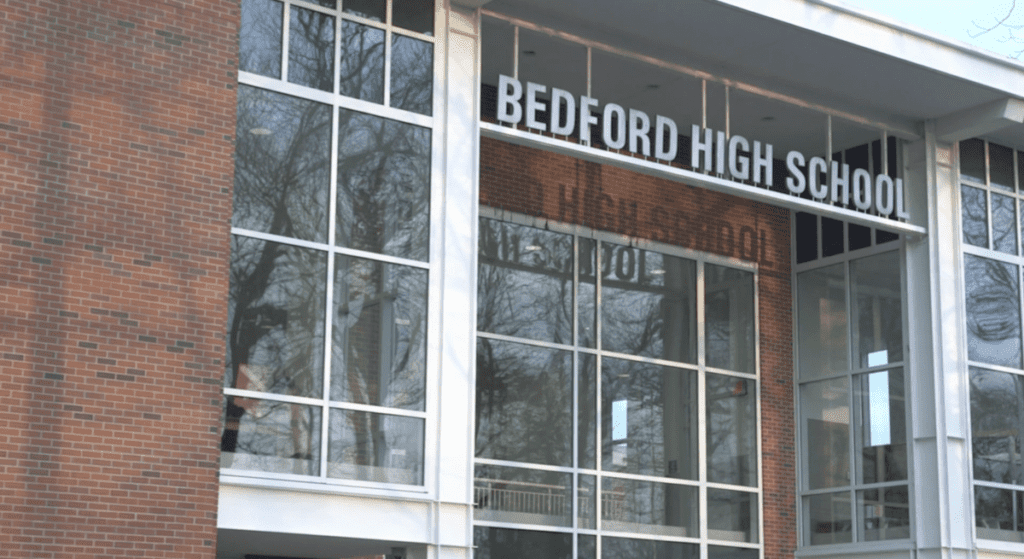
This story and video originally appeared on The Scope, an online platform for neighborhood stories of justice, hope and resilience, produced by the Northeastern University School of Journalism.
Founded in 1966, the Metropolitan Council for Educational Opportunity, or METCO, is the longest-running voluntary desegregation program in the country. Funded by the Commonwealth of Massachusetts, METCO helped integrate some suburban schools, but most of Boston Public Schools remained heavily segregated. So in 1974, Boston schools faced a court-ordered mandate to fully desegregate, leading to the Boston Busing Crisis.
Mandated desegregation ended in 1988, when integration reached its peak. Since that year, however, education advocates argue that Boston schools have steadily become segregated once again. METCO has continued to this day, but students enrolled in the program still face challenges of long commutes, limited sleep and social isolation.
In order to understand the experiences of METCO students today, three Northeastern journalism students — Will Bryan, Danae Bucci and Sophia Fox-Sowell — followed a sophomore at Bedford High School for one full school day. With footage gathered during that day, they produced a short documentary for the Reinventing Local TV News project at the Northeastern University School of Journalism.






